You might not snore now, but climate change could change that.
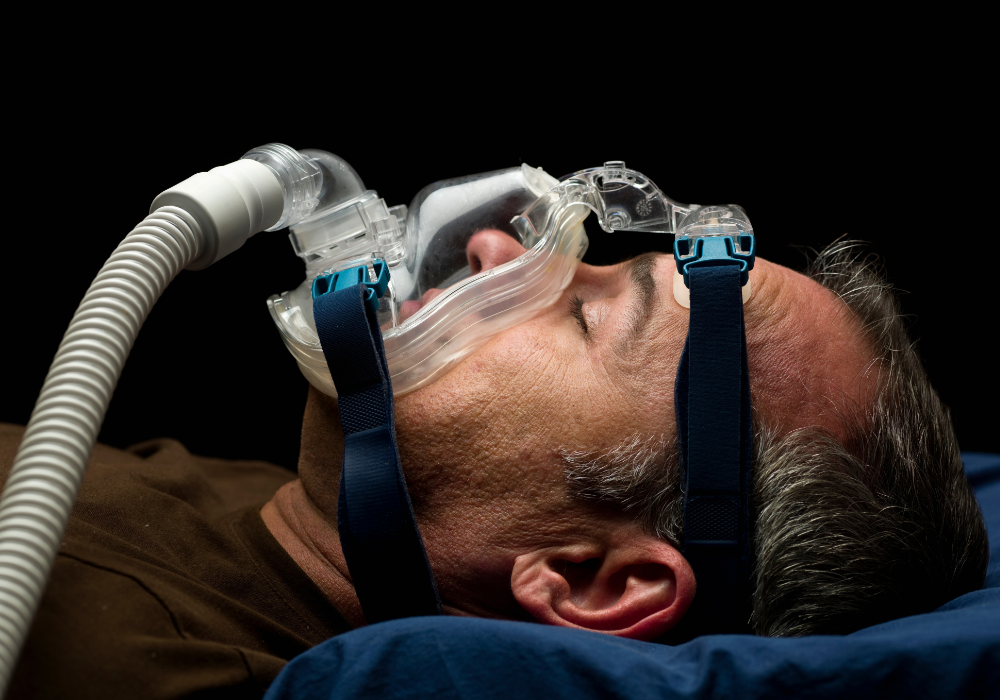
It’s easy to shrug off sleep apnea as something that only affects older men or heavy snorers. But that’s outdated thinking—and dangerously so. As global temperatures rise, more and more people are developing sleep-related breathing issues they never had before. The nights are hotter, the air feels heavier, and our bodies are struggling to keep up. The worst part? You might not even realize it’s happening until exhaustion starts taking over your life.
Sleep apnea isn’t just about snoring. It’s about your brain not getting the oxygen it needs—over and over again, all night long. And while it used to be linked mostly to weight or anatomy, researchers are now sounding the alarm: environmental changes are turning this into a public health crisis. You don’t need to have a CPAP machine next to your bed (yet) to be affected. The signs are creeping in sooner, and for more people.
1. Warmer nights are keeping your body in stress mode.
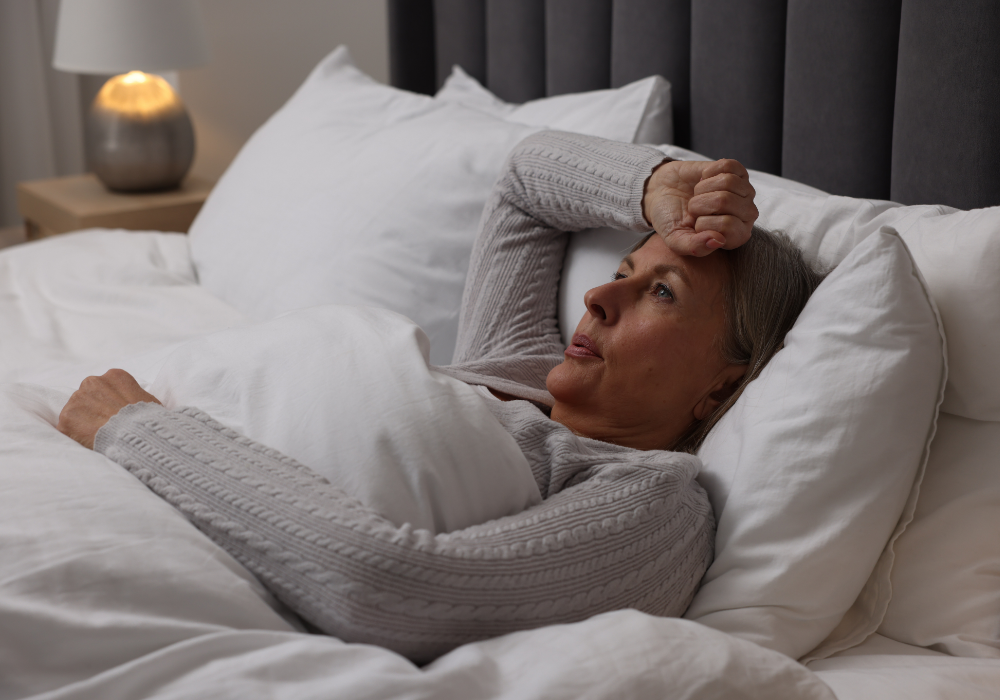
Your body cools down at night to help you fall into deep, restorative sleep. But when the temperature doesn’t drop enough—especially in the summer—that process gets disrupted. You might fall asleep eventually, but your core temperature stays too high. That makes your sleep lighter and more fragmented, which already puts your body under pressure. Jeffrey Kluger reports in TIME that rising temperatures are linked to an increase in sleep apnea symptoms, even among people who haven’t been diagnosed.
The combination of heat, inflammation, poor air circulation, and humidity can restrict airways and mimic apnea-like disruptions. You might not stop breathing, but you’ll wake up feeling like you did. Exhaustion, brain fog, and illness follow. And they’re affecting more people every season.
2. Air pollution is making it harder to breathe while you sleep.
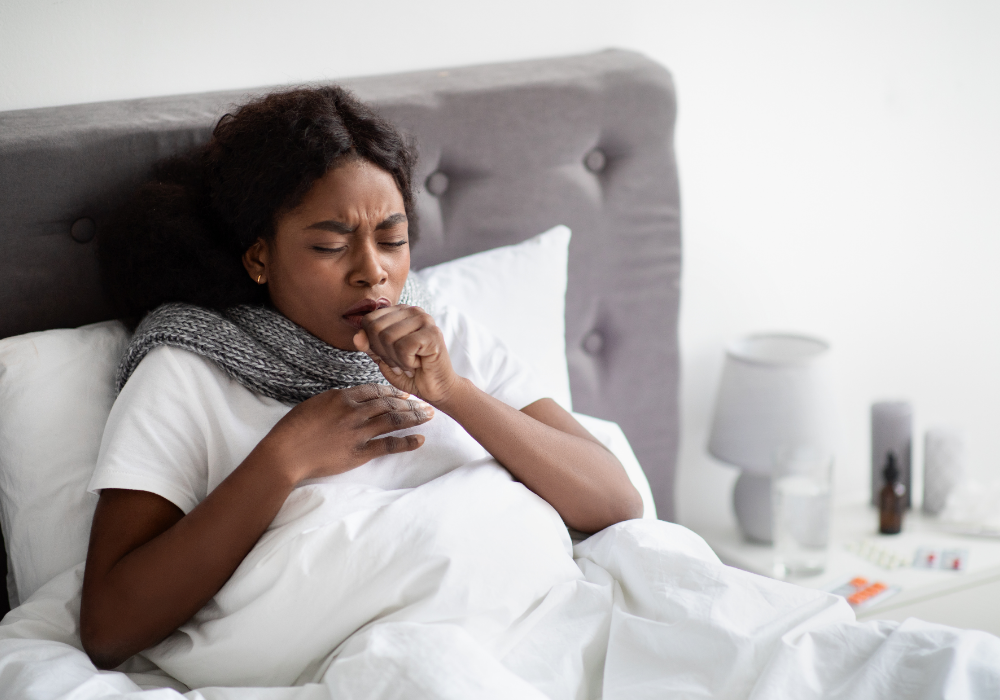
The hotter the world gets, the more ground-level ozone and airborne particles form. Those pollutants don’t just harm the planet—they’re inflaming your lungs. When you’re asleep, your muscles naturally relax, including the ones that help keep your airway open. Add inflammation from poor air quality, and that airway can narrow just enough to make breathing noisy, irregular, or even stop briefly.
You might not wake up gasping, but your sleep can still get disrupted without you realizing why. According to Ayta Semih in Frontiers in Neurology, short-term spikes in particulate pollution have been linked to an increased risk of sleep apnea symptoms, especially among older adults. It’s not just a bad air day issue—it’s a bad air night issue, too. Your lungs don’t get time off while you’re sleeping, and over time, chronic exposure could push borderline cases into full-blown apnea.
3. Humidity is messing with your airway in ways you can’t feel.
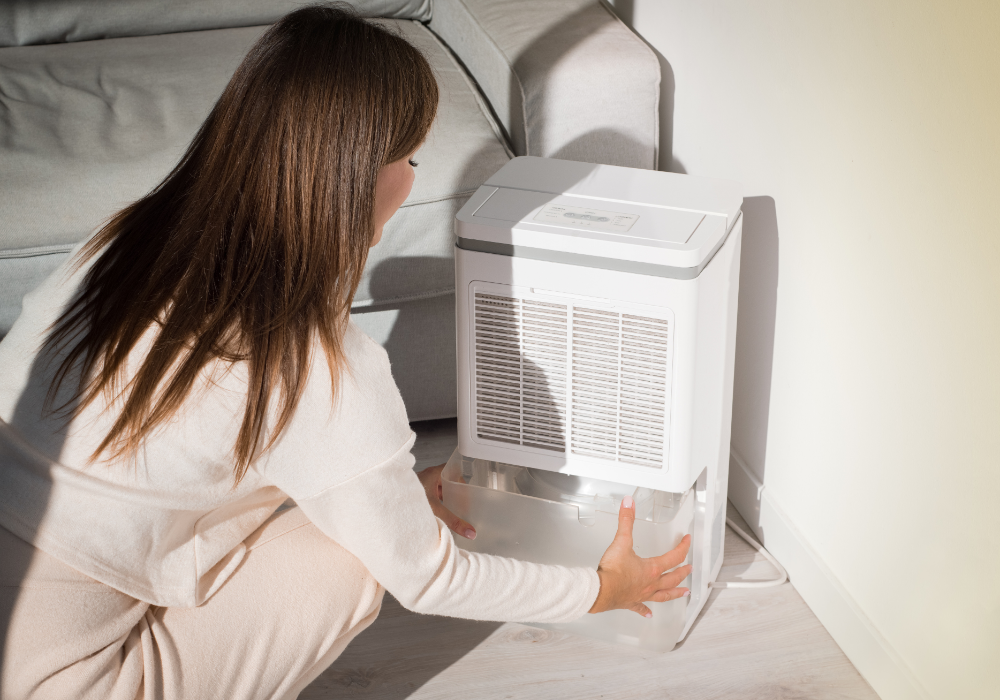
Sticky, humid air doesn’t just feel uncomfortable—it changes how your body breathes. Yi-Xian Qiao and Yi Xiao note in Scientific Reports that higher humidity levels are linked to increased nasal resistance, which can make nighttime breathing more difficult.
That swelling might not feel like much during the day, but once you lie down and your body relaxes, it can narrow your airway just enough to trigger obstructive breathing patterns. Some people start snoring out of nowhere. Others just wake up tired and don’t know why. Humid nights also make it harder for your body to cool itself, adding another layer of stress. And if you’re using a fan or air conditioner to cope, that dry forced air can irritate your throat and make the issue worse. Either way, your respiratory system is working overtime while you think you’re resting.
4. Wildfire smoke doesn’t stay outside—it follows you to bed.
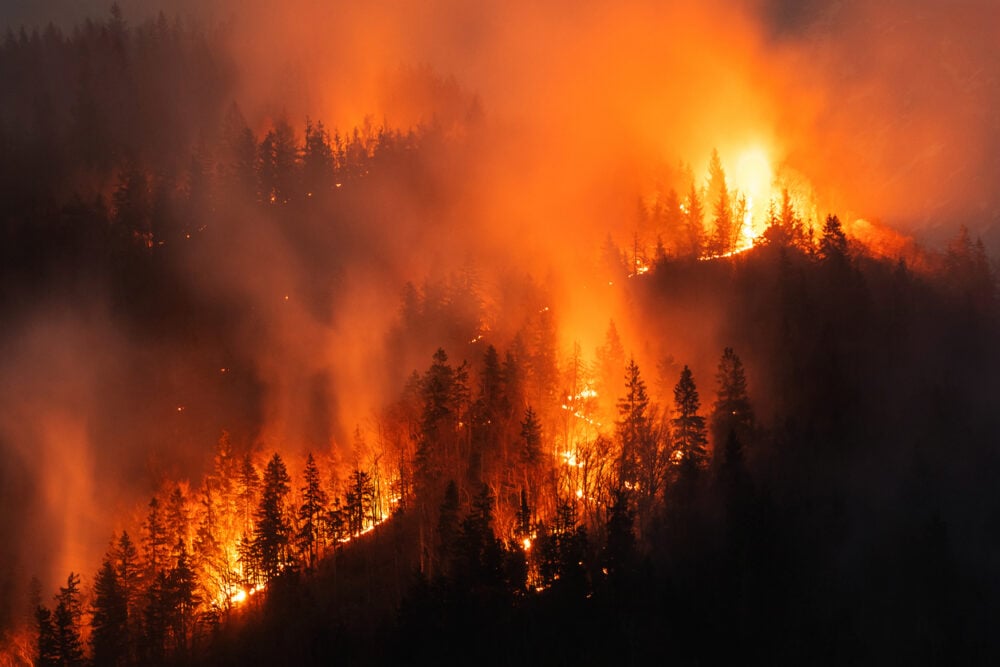
You don’t need to live near an active fire to suffer the effects. Smoke travels fast and far, settling into homes even hundreds of miles away. And unless you’ve got a high-quality air purifier running, those fine particles can get into your lungs overnight. Sleep apnea episodes often spike during bad smoke days, because the body is more sensitive to airway irritation at night.
When wildfire smoke is in the mix, your nose and throat are already inflamed before your head hits the pillow. Add that to relaxed nighttime breathing muscles, and you’ve got a recipe for disrupted airflow.
You might notice more snoring, more nighttime waking, or dry mouth in the morning. That’s your body telling you it’s not getting what it needs. And it’s not just a short-term issue—prolonged exposure builds risk over time.
5. The rise in nighttime temperatures is affecting kids, too.
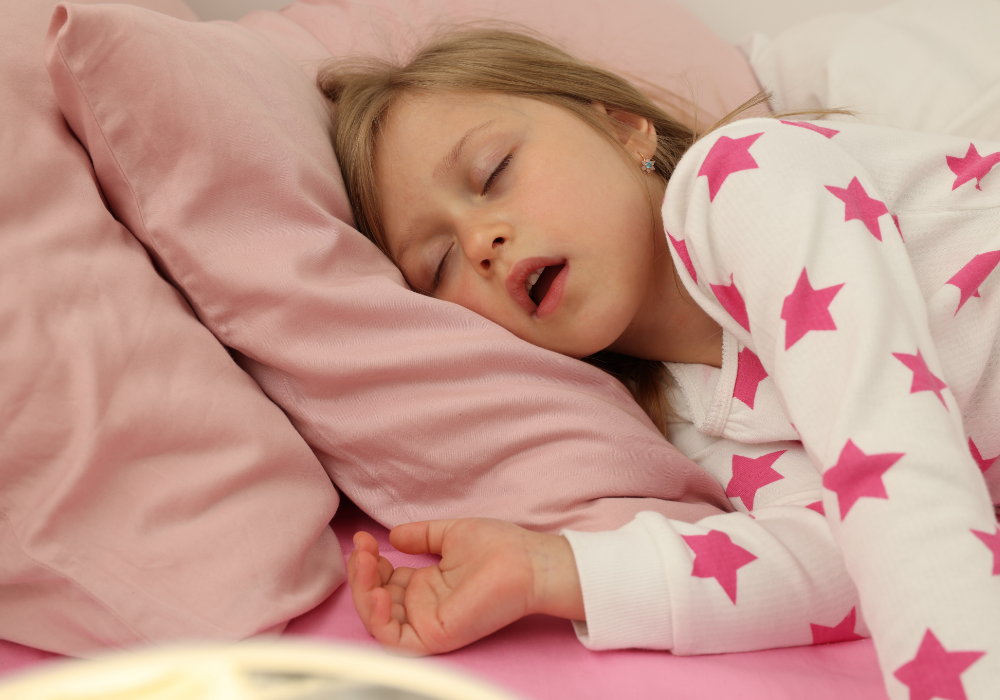
It’s not just adults dealing with climate-linked sleep disruption. Children are also being affected, sometimes even more acutely. Their smaller airways make them more vulnerable to swelling, congestion, and shallow breathing—especially in warmer rooms. Pediatric sleep apnea is already underdiagnosed, and now climate conditions are making it worse.
Even kids without a history of sleep issues are waking up groggy, cranky, or unfocused. Parents might chalk it up to bad sleep habits, but environmental factors are playing a bigger role than most realize. Poor sleep in childhood can impact growth, immunity, and brain development. And if climate trends continue, pediatricians may be facing a surge in sleep-disordered breathing that’s rooted more in temperature and air quality than in anatomy.
6. Even mild sleep apnea is becoming harder to ignore in a hotter world.
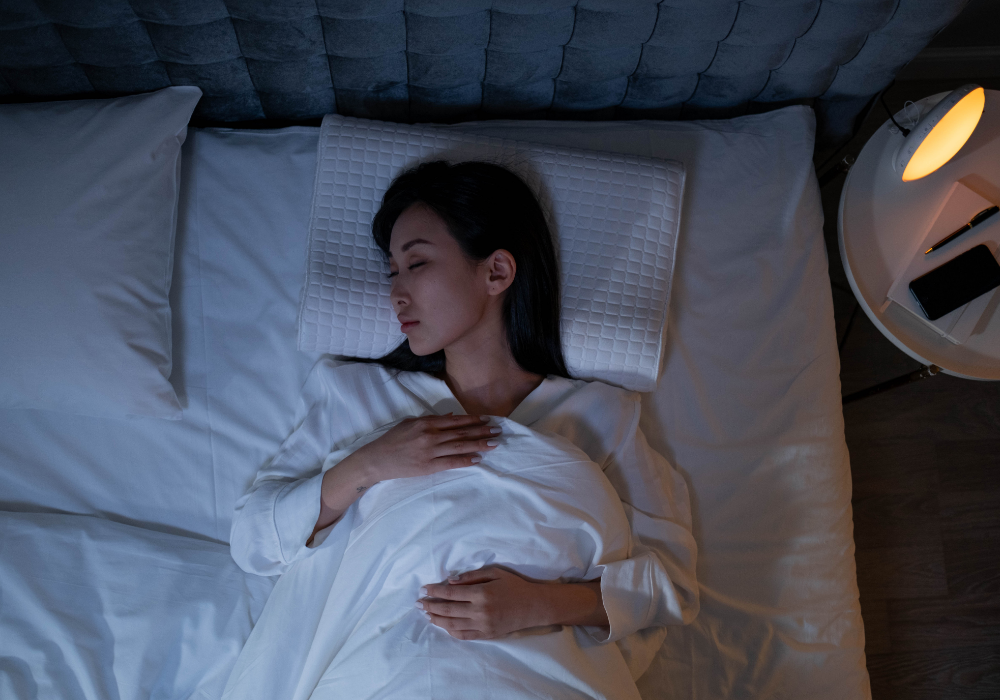
Sleep apnea doesn’t always mean dramatic gasping or loud snoring. Sometimes it shows up as light, restless sleep or chronic fatigue that doesn’t match how long you were in bed. In a cooler, more stable environment, those symptoms might stay mild. But rising nighttime temps, air pollution, and humidity are pushing borderline cases over the edge. What used to be manageable is now disruptive. People who never needed treatment before are waking up with dry mouths, headaches, or brain fog that lasts all day. And many don’t realize the environment is a factor.
You don’t have to be overweight or have a recessed jaw to struggle with airflow at night. If your body is inflamed, overheated, or overworked, even mild obstructions can have a major impact.
7. Snoring has become the canary in the coal mine.
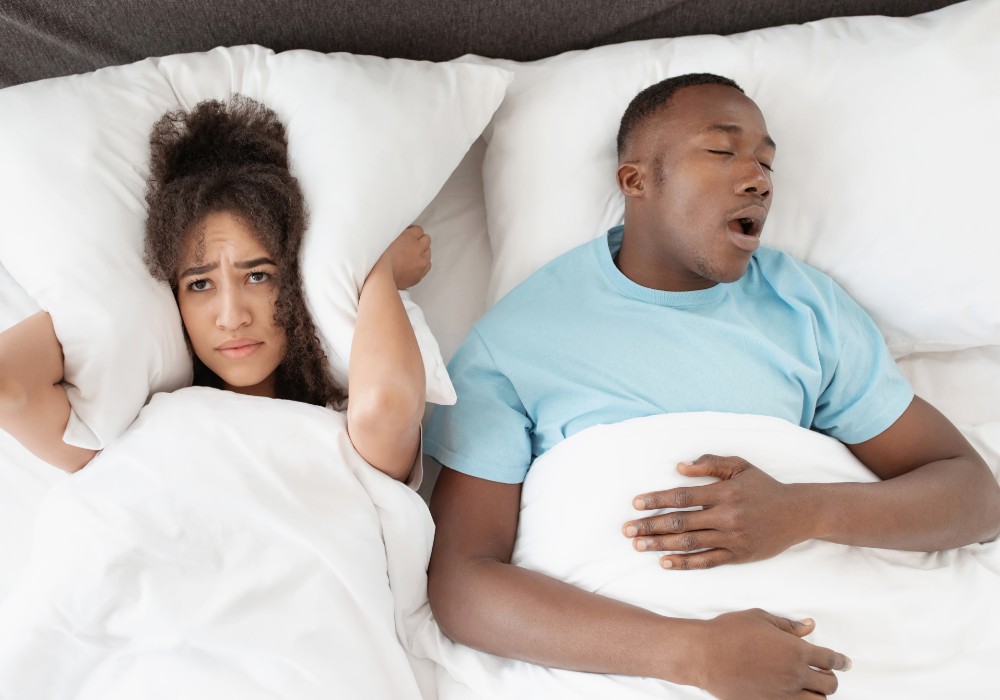
Plenty of people snore and don’t think twice about it. But lately, snoring has become more than just an annoyance—it’s often the first sign that your airway is struggling in the new climate reality. Hot, polluted, or humid air causes irritation and swelling that can make even a minor snorer sound like a chainsaw.
And it’s not just noise. That snoring might be tied to shallow breathing, frequent waking, or even full-on apnea episodes. If your snoring gets worse in the summer or during wildfire season, that’s not a coincidence—it’s a red flag. Doctors are starting to look at snoring not just as a social problem but as a symptom of environmental stressors that deserve real attention.
8. Climate-linked allergies are clogging up your nights.
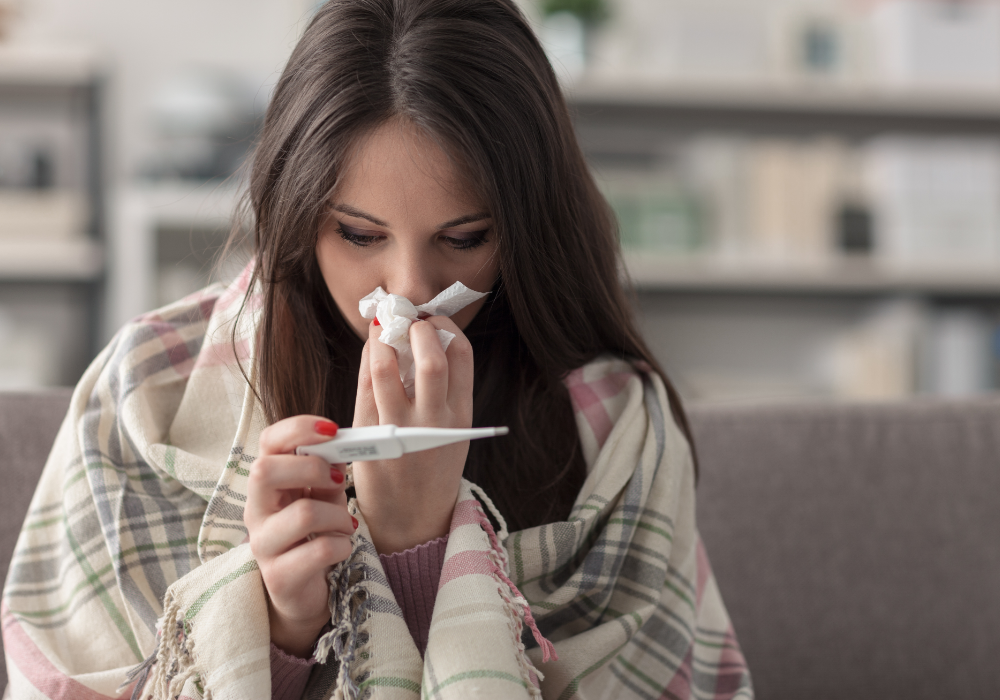
Allergy season is longer and more intense than it used to be, thanks to warming weather and longer growing seasons. That means more pollen, more mold, and more dust—especially in places that used to get relief with cooler winters.
And when your nose is stuffed up, it forces you to breathe through your mouth, which increases the risk of sleep disruptions. Nasal congestion makes it harder for air to flow smoothly, especially when you’re lying down. That can lead to snoring, mouth breathing, and in some cases, full-on apnea events.
Even people who manage their allergies during the day often find nighttime to be the worst part. And if you’re waking up sneezing, coughing, or with a sore throat, it’s probably not just your pillow—it’s the planet.
9. Poor sleep is setting off a feedback loop with climate anxiety.
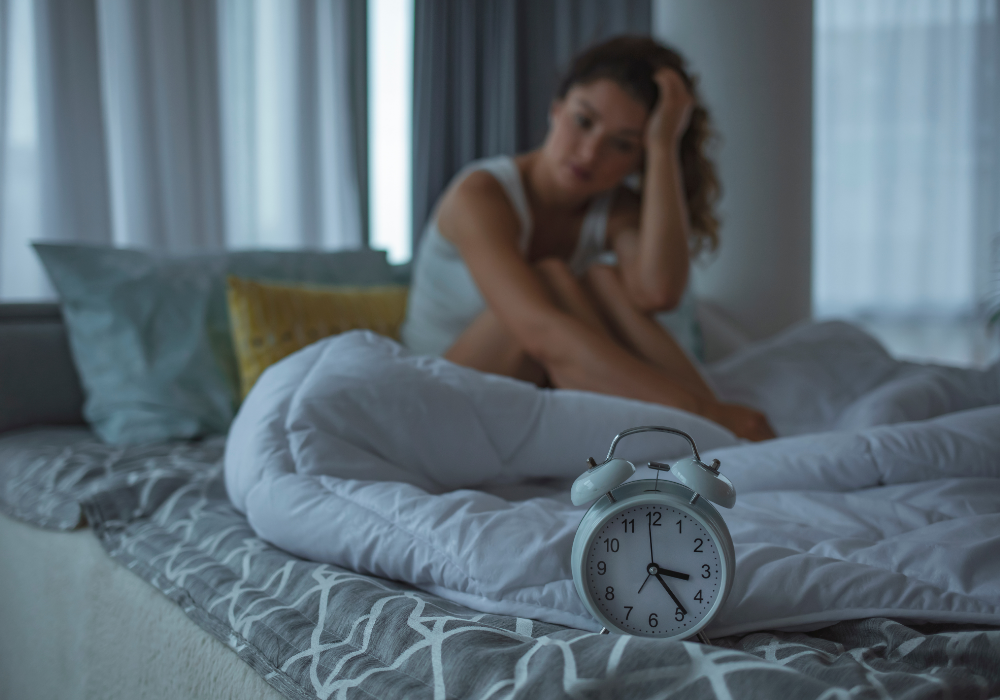
You already know climate change is stressful. But what happens when that stress keeps you up at night—and the lack of sleep makes your stress even worse? That’s exactly what’s happening for a growing number of people.
The physical symptoms of sleep apnea and the psychological toll of climate fear are starting to feed off each other. Sleep deprivation messes with your nervous system, making you more reactive and anxious. That heightened state can cause even more shallow breathing and tension while you sleep, worsening mild apnea symptoms. It’s a cycle that’s hard to break. You lie awake worrying about the world, and your body suffers while you do. Then you wake up too tired to process it clearly—again.
10. Climate inequality shows up in the bedroom, too.

Not everyone has access to air conditioning, quality filters, or quiet, cool spaces to sleep. And the people most at risk for sleep apnea—low-income individuals, people of color, and those living in urban heat islands—are often the ones with the fewest resources to cope. This isn’t just about discomfort. It’s about systemic exposure to health risks that others can avoid. Crowded housing, poor ventilation, and limited access to healthcare all make climate-linked sleep issues harder to detect and treat.
People in these communities may not even realize their sleep is being compromised, or that it’s tied to environmental conditions. It’s a health equity issue hiding under the blanket of exhaustion—and it’s growing harder to ignore.